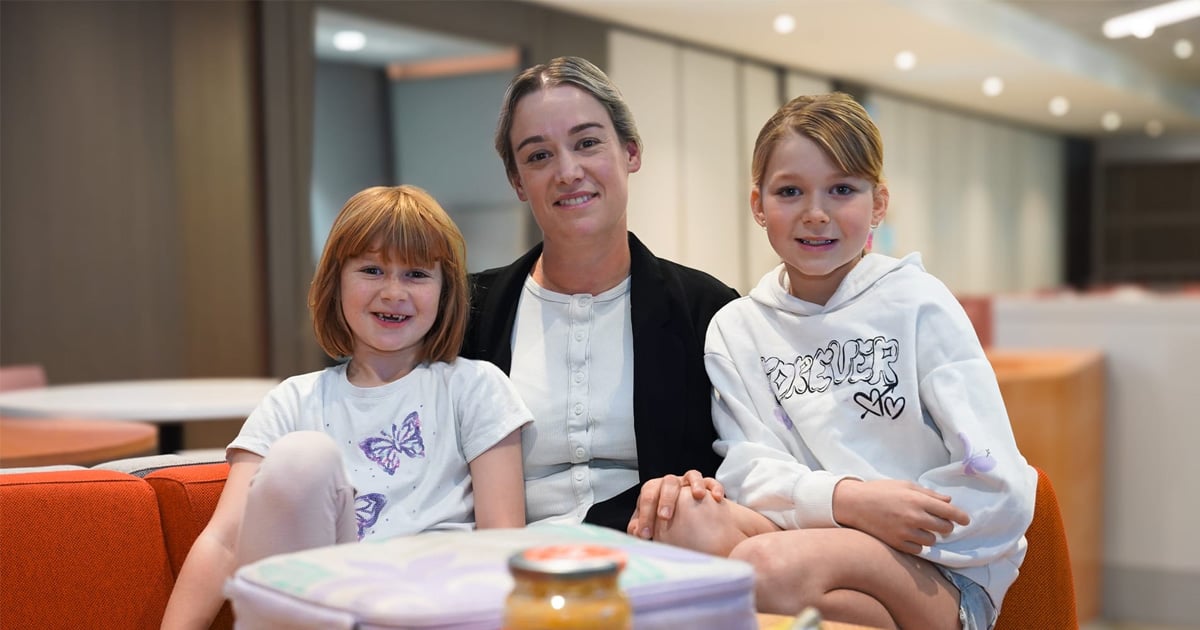Search
Research
The ORIGINS Project Biobank: A Collaborative Bio Resource for Investigating the Developmental Origins of Health and DiseaseEarly onset Non-Communicable Diseases (NCDs), including obesity, allergies, and mental ill-health in childhood, present a serious and increasing threat to lifelong health and longevity. The ORIGINS Project (ORIGINS) addresses the urgent need for multidisciplinary efforts to understand the detrimental multisystem impacts of modern environments using well-curated large-scale longitudinal biological sample collections.
Research
PKC activation promotes maturation of cord blood T cells towards a Th1 IFN-γ propensityA significant number of babies present transiently with low protein kinase C zeta (PKCζ) levels in cord blood T cells, associated with reduced ability to transition from a neonatal Th2 to a mature Th1 cytokine bias, leading to a higher risk of developing allergic sensitisation, compared to neonates whose T cells have 'normal' PKCζ levels. However, the importance of PKCζ signalling in regulating their differentiation from a Th2 to a Th1 cytokine phenotype propensity remains undefined.
Research
Epigenomic variability is associated with age-specific naïve CD4 T cell response to activation in infants and adolescentsChildhood is a critical period of immune development. During this time, naïve CD4 T cells undergo programmed cell differentiation, mediated by epigenetic changes, in response to external stimuli leading to a baseline homeostatic state that may determine lifelong disease risk. However, the ontogeny of epigenetic signatures associated with CD4 T cell activation during key developmental periods are yet to be described.
Research
The feasibility of a digital health approach to facilitate remote dental screening among preschool children during COVID-19 and social restrictionsTele-dentistry can be useful to facilitate screening of children, especially those living in rural and remote communities, and during the COVID-19 pandemic. This study evaluated the feasibility of tele-dental screening for the identification of early childhood caries (ECC) in preschoolers using an app operated by their parents with remote review by oral-health therapists.
Research
The impact a Mediterranean Diet in the third trimester of pregnancy has on neonatal body fat percentageMaternal diet during pregnancy has long been recognised as an important determinant of neonatal outcomes and child development. Infant body composition is a potentially modifiable risk factor for predicting future health and metabolic disease.
Research
Feasibility of conducting an early pregnancy diet and lifestyle e-health intervention: The Pregnancy Lifestyle Activity Nutrition (PLAN) projectA lifestyle intervention starting in the first-trimester pregnancy utilising e-health mode of delivery is feasible
Research
The psychosocial burden of childhood overweight and obesity: evidence for persisting difficulties in boys and girlsOverweight and obese children reported greater psychosocial distress than healthy weight children, and these differences were more pronounced for girls than boys.
Research
Childhood obesity: what we have learnt from our failure to engage mothers in our interventionWith more than one in four Australian children overweight or obese, and the significant risks this poses for health problems like asthma, depression,...

News & Events
Funding boost for ORIGINS child and family health researchORIGINS is celebrating a substantial funding increase for its world-class research into child and family health and wellbeing.

News & Events
New evidence shows timely introduction of peanuts and eggs reduces allergy risksFamilies who introduce peanut butter and eggs to their baby’s diet at around six months of age can significantly reduce the chances of them developing a life-threatening allergy, according to a new study published in the Journal of Allergy and Clinical Immunology – In Practice.
